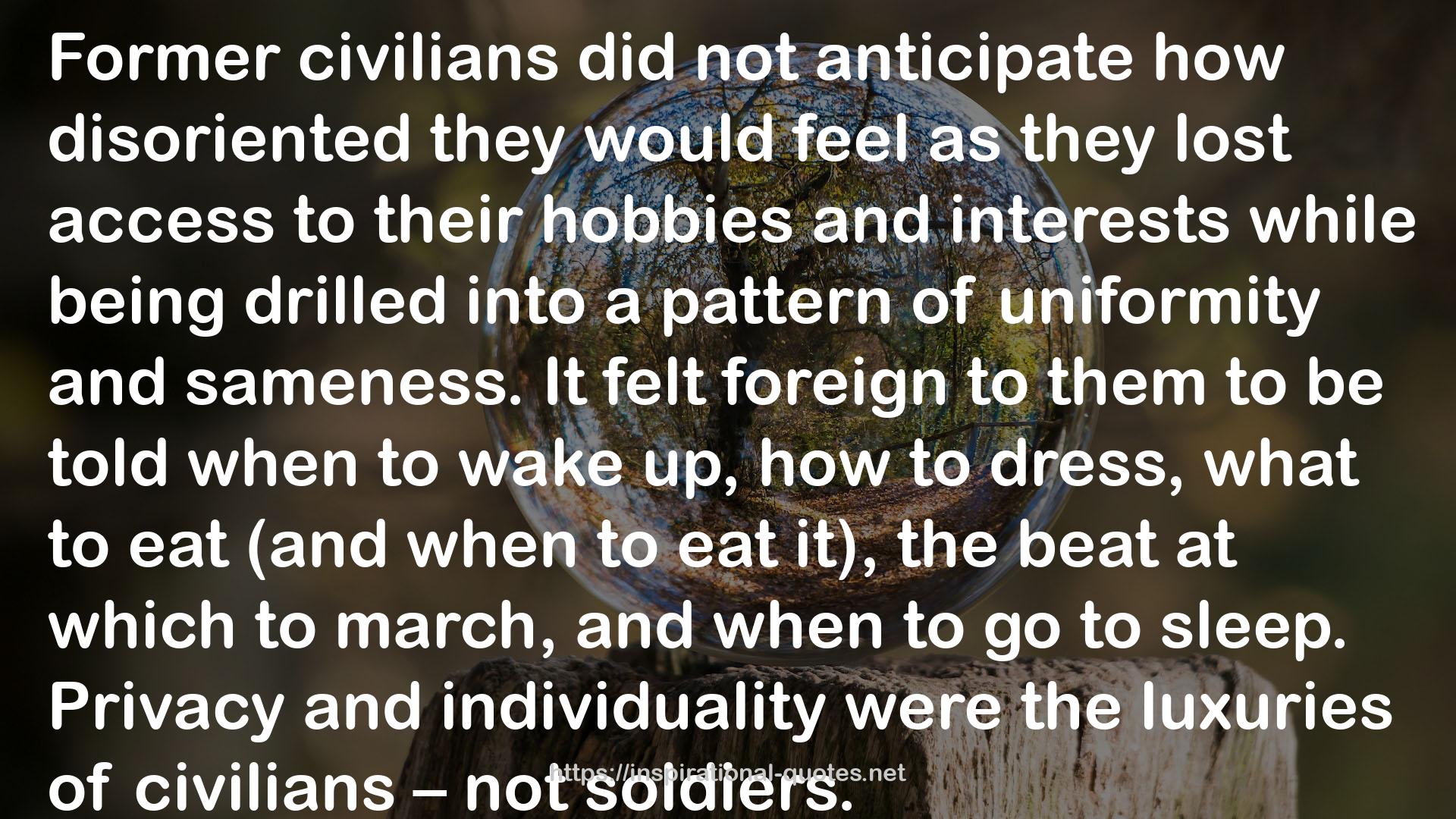10
" Sadly, not all veterans had equal access to an education, even under the GI Bill’s amendments. Although no provision prevented African American and female veterans from securing an education under the bill, these veterans returned to a nation that still endorsed segregated schools and largely believed a woman’s place was in the home. For African American veterans, educational opportunities were limited. In the words of historian Christopher P. Loss, “Legalized segregation denied most black veterans admission into the nation’s elite, overwhelmingly white universities, and insufficient capacity at the all-black schools they could attend failed to match black veterans’ demand.” The number of African American students at U.S. colleges and universities tripled between 1940 and 1950, but many prospective students were turned away because of their race. For those African Americans who did earn a degree under the GI Bill, employment discrimination prevented them from gaining positions commensurate with their education. Many African American college graduates were offered low-level jobs that they could have secured without any education. Almost a decade elapsed between V-J Day and the Supreme Court’s landmark decision in Brown v. Board of Education, which struck down segregated schools. It would take another decade after Brown for the civil rights movement to fully develop and for public schools to make significant strides in integrating. "
― , When Books Went to War: The Stories that Helped Us Win World War II
13
" Once a nation fell to Germany, great care was taken to refashion that country’s concepts of culture, history, literature, art, media, and entertainment in an effort to solidify and reinforce Hitler’s power. Often, the first cultural pillar to be toppled was the library. Hitler created the Einsatzstab Reichsleiter Rosenberg (ERR) to confiscate desirable books and other artifacts in occupied territories. They were intended for a Nazi university to be built after the war. Undesirable books, by contrast, were destroyed. "
― , When Books Went to War: The Stories that Helped Us Win World War II

